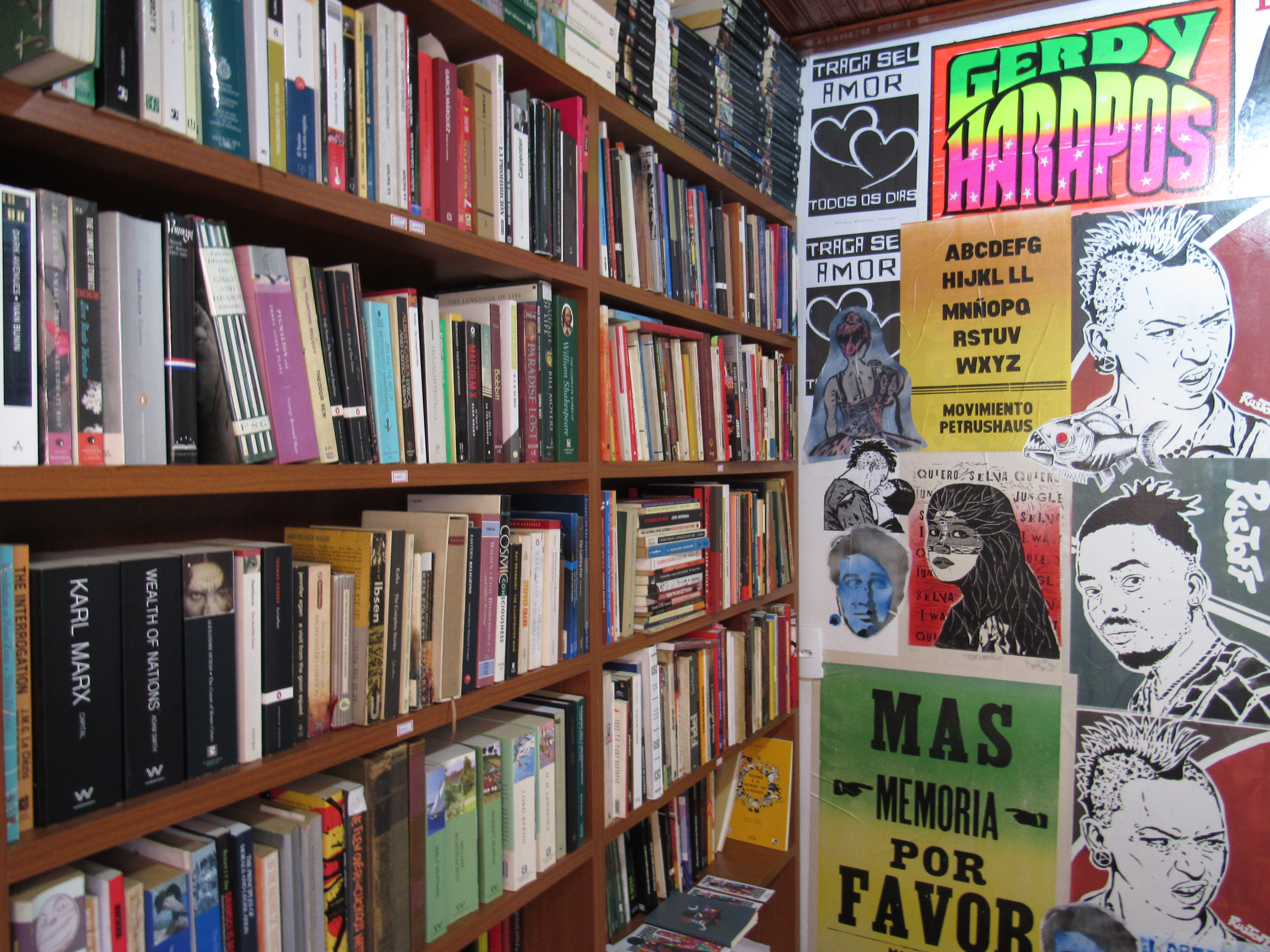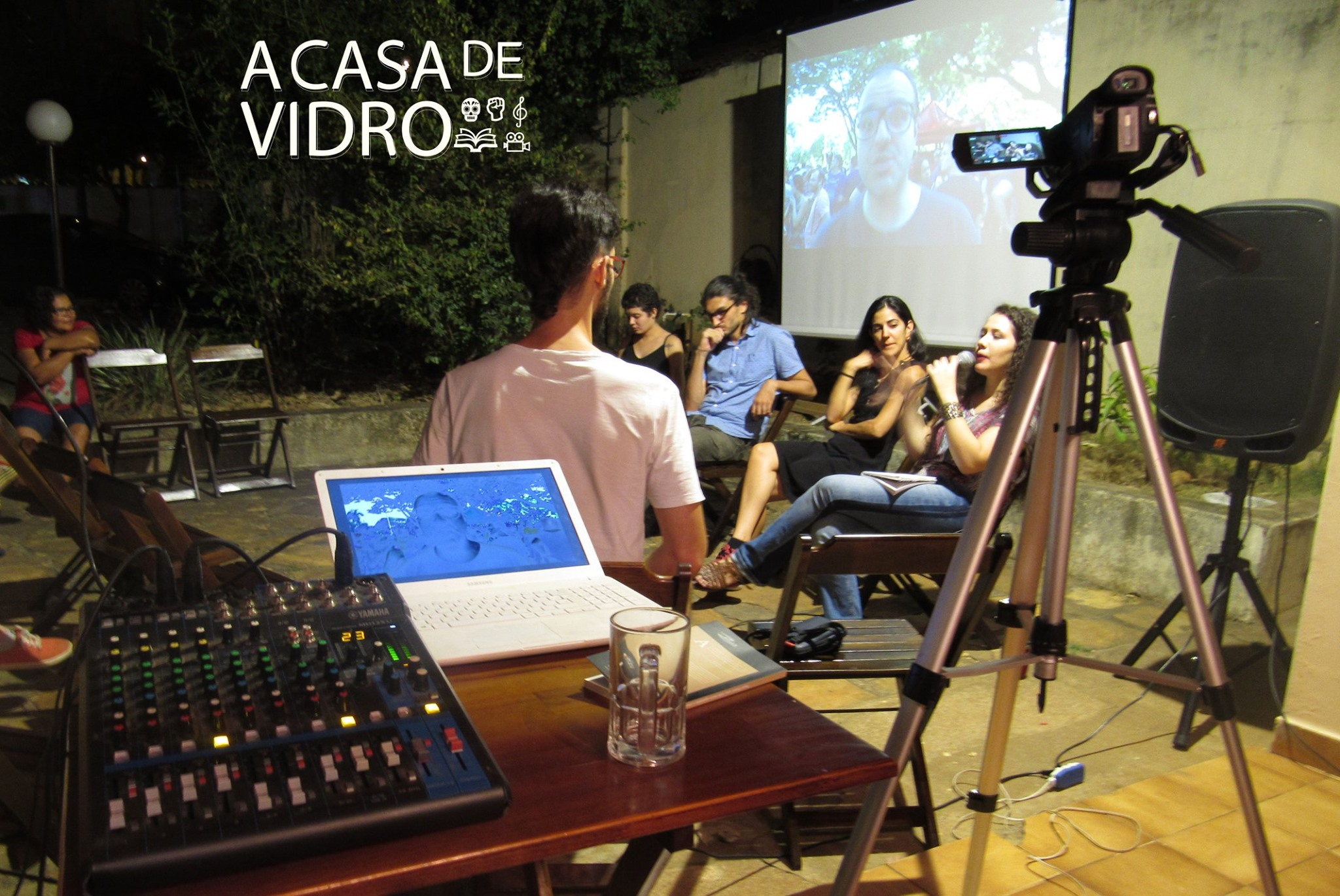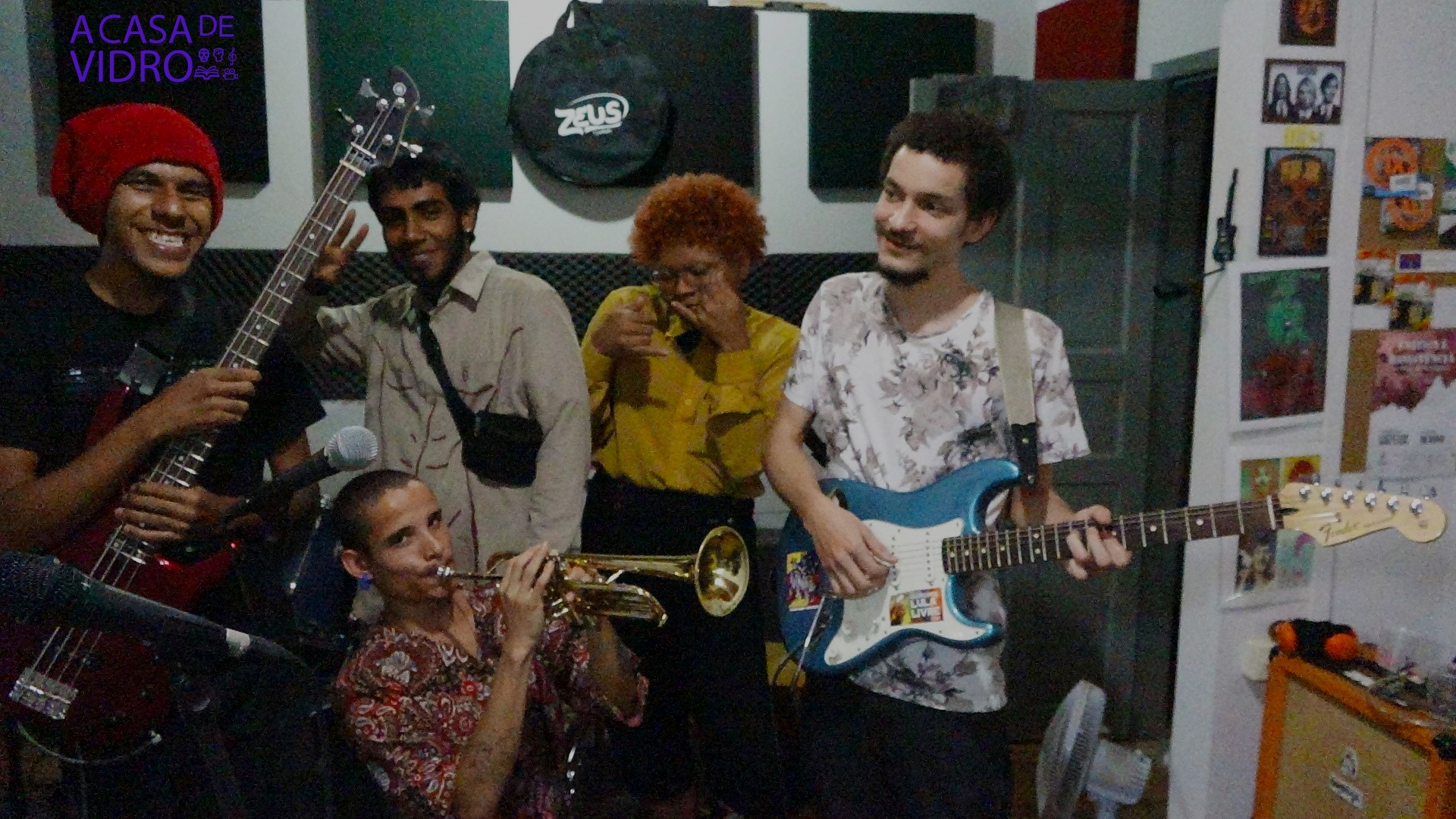Language will outlive us – By Joseph Brodsky (1940-1996)
“A poet always knows that what in the vernacular is called the voice of the Muse is, in reality, the dictate of language; that it’s not the language that happens to be his instrument, but that he is language’s mean toward the continuation of its existence. Language, however, even if one imagines it as a certain animate creature (which would only be just), is not capable of ethical choice.
A person sets out to write a poem for a variety of reasons: to win the heart of his beloved; to express his attitude toward the reality surrounding him, be it a landscape or a state; to capture his state of mind at a given instant; to leave – as he thinks at that moment – a trace on the earth. (…) Regardless of the reasons for which he takes up the pen, and regardless of the effect produced by what emerges from under that pen on his audience – however great or small it may be – the immediate consequence of this enterprise is the sensation of coming into direct contact with language, or more precisely, the sensation of immediately falling into dependence on it, on everything that has already been uttered, written, and accomplished in it.
The poet, I wish to repeat, is language’s means of existence – or, as my beloved Auden said, he is the one by whom it lives. I who write this lines will cease to be; so will you who read them. But the language in which they are written and in which you read them will remain, not merely because language is a more lasting thing than man, but because it is more capable of mutation.”
JOSEPH BRODSKY (1940-1996)
Russian poet and essayist
“On Grief and Reason”
Publicado em: 05/02/14
De autoria: casadevidro247





